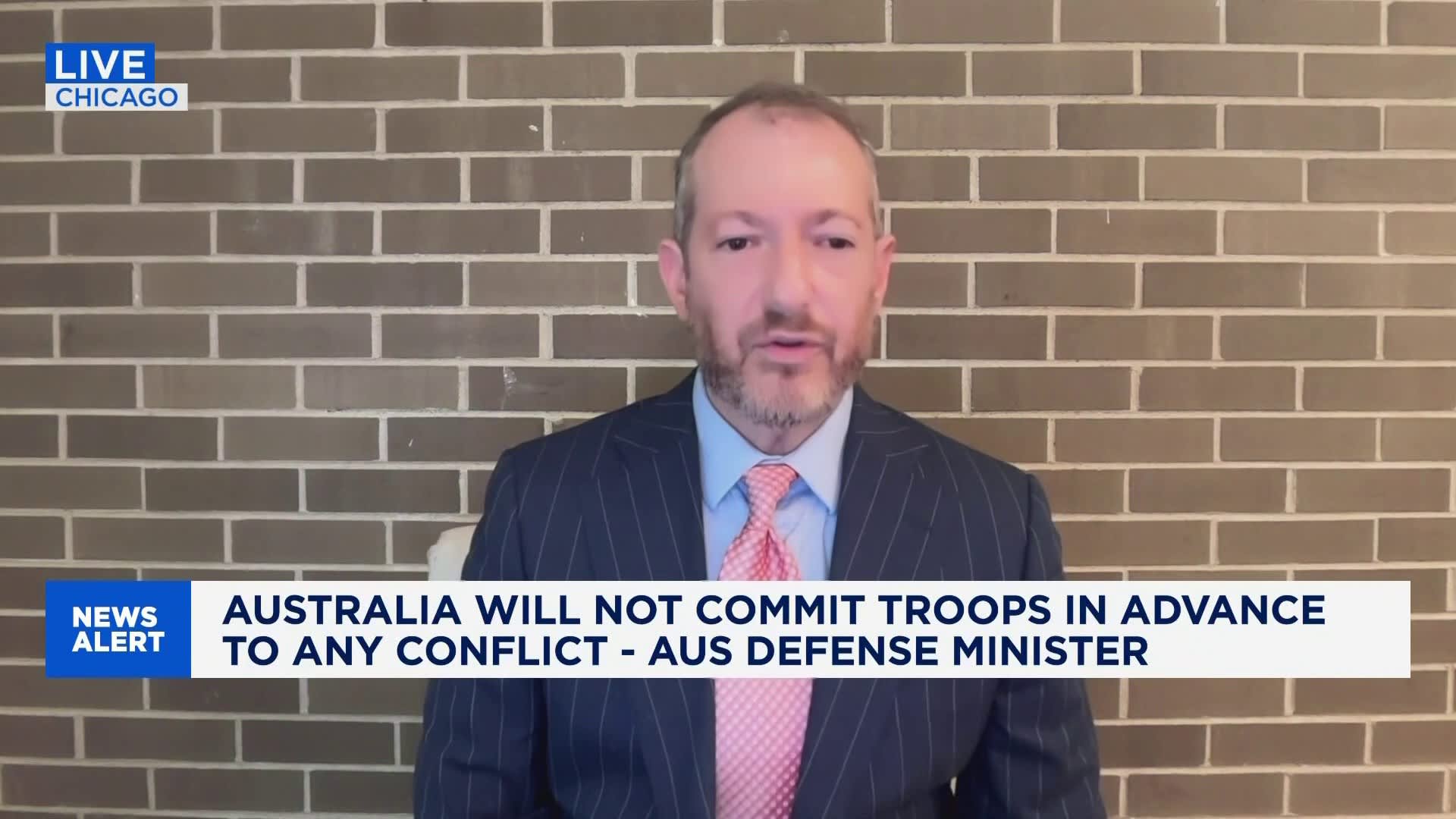The United States and China are creating challenges for nations attempting to disentangle economic relationships from security alliances. This development has raised concerns among allies, particularly Australia, as it navigates its defense commitments and international partnerships.
According to Evan Feigenbaum, a vice president at the Carnegie Endowment for International Peace, Australia’s apprehension stems from U.S. pressure to increase its defense spending. The expectation is that these financial commitments may impact the broader expectations surrounding the AUKUS deal, a trilateral security partnership involving the U.S., the U.K., and Australia.
Australia’s defense spending has come under scrutiny as the nation aims to bolster its military capabilities. The U.S. has emphasized the need for allies to allocate more resources to defense, particularly in light of growing tensions in the Indo-Pacific region. This pressure has left some Australian officials concerned about the implications for their military strategy and the future of the AUKUS agreement.
Feigenbaum elaborates that the evolving dynamics between the U.S. and China are forcing nations into a complex balancing act. Countries are now tasked with managing their economic interests while aligning with security frameworks. He notes that this situation is particularly pronounced for Australia, which has deep economic ties to China and is also a critical partner in U.S. defense initiatives.
The AUKUS agreement, announced in September 2021, aims to enhance military cooperation and technology sharing among the three nations. However, recent developments have prompted discussions about the feasibility and timeline of this partnership. As Australia contemplates its defense budget, uncertainty looms over whether the deal will proceed as initially envisioned.
In navigating these pressures, Australian officials are seeking a delicate balance. They aim to strengthen defense capabilities while maintaining essential economic relations with China. This balancing act is further complicated by the broader geopolitical context, where both the U.S. and China exert significant influence.
As the situation unfolds, the interplay between economic and security interests will likely shape international relations in the coming years. Nations will need to carefully evaluate their strategies to ensure they can effectively address security challenges while safeguarding their economic partnerships.
In summary, the actions of both the United States and China are reshaping the landscape for countries like Australia. As it grapples with increased defense spending and the implications for the AUKUS deal, Australia exemplifies the complexities of modern geopolitical alliances. This evolving scenario will require careful navigation as nations seek to balance their economic and security priorities in an increasingly interconnected world.





































































